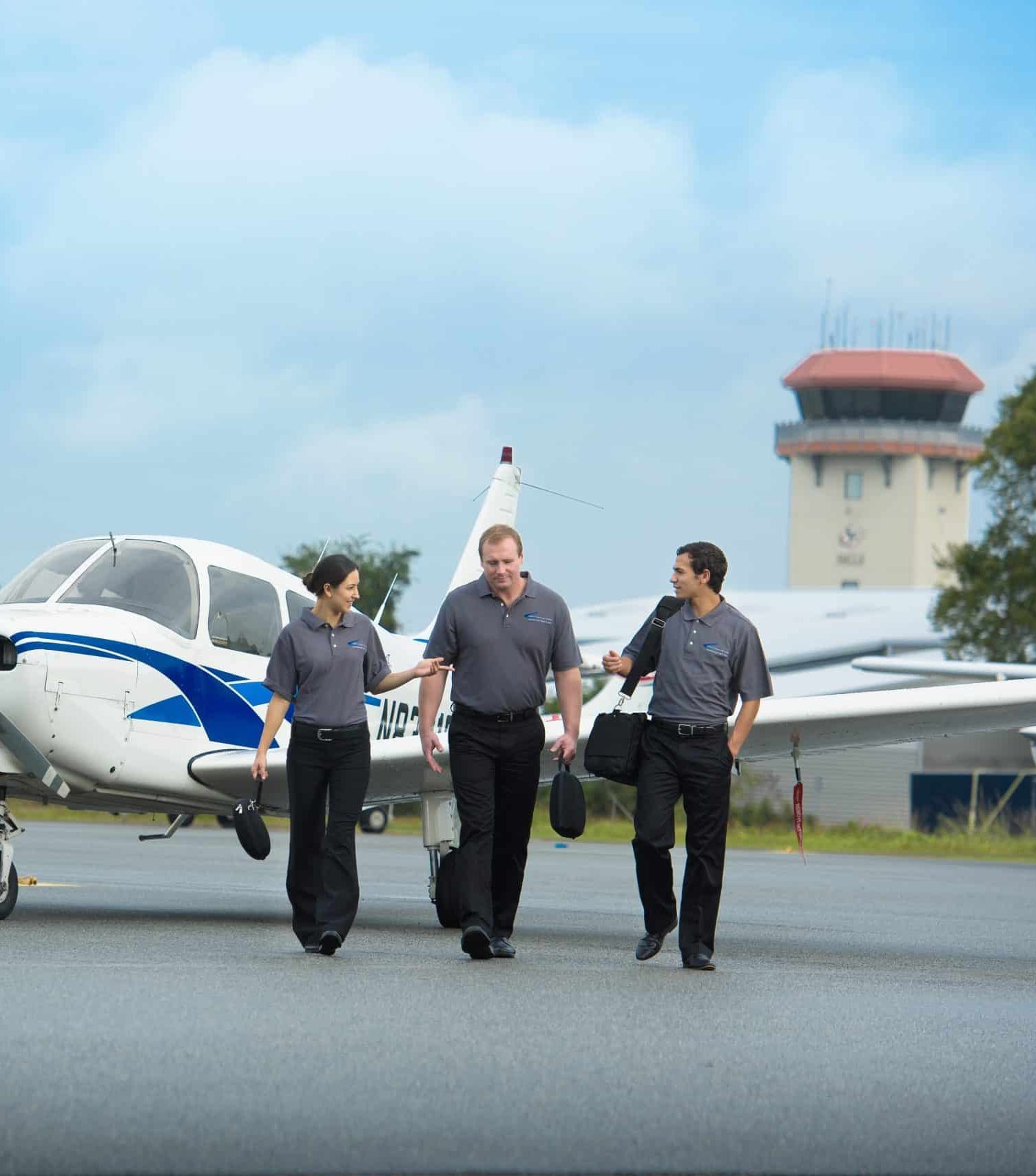Maximizing Work-Life Balance With Remote Airlines Jobs
The aviation industry, long associated with busy airports and on-site roles are undergoing a massive transformation. With the advancement of technology and an increasing emphasis on flexibility remote airline jobs have been created as a paradigm shift in how the industry operates. They allow employees to work in the aviation sector at the convenience of their homes or from remote locations, reshaping traditional career paths, and providing an unbeatable work-life balance.
Remote Airline Jobs are on the Rise
Traditionally the aviation industry has been dominated with roles that require physical presence. Such as pilots, flight attendants or ground staff as well as customer service representatives. However, the rapid expansion of digital technologies has altered how airlines function. On the internet, a lot of jobs that required contact in person are now done seamlessly. From customer service to analyses of data, remote jobs for airlines are now an efficient and viable alternative.

Image credit: flightschoolusa.com
This trend isn’t merely about the convenience. Remote work can be a cost-effective solution for airlines as it cuts down on overhead costs for office space. For employees, being able to work from home reduces commute headaches, encourages healthier lifestyle, and opens up global opportunities.
Roles of Remote Airline Jobs
Remote airlines jobs are numerous and cover a broad range of jobs that require a variety of capabilities and expertise. The most well-known positions include:
Customer Service Representatives: Handling reservations, resolving passenger queries, and addressing complaints can all be managed virtually providing customer service as one of the most sought-after remote airline roles.
Revenue Management Analysts : These experts use data to optimize ticket prices and revenue streams, working with advanced analytical tools from remote areas.
Airlines depend on marketing experts to develop campaigns, manage their social media platforms and boost online engagement.
Travel Agents: Remote travel agents assist customers with their flight reservation and itinerary design, leveraging technology to streamline the process.
IT and Cybersecurity professionals supporting airline systems, making sure data security is secure, and keeping track of IT infrastructure are vital tasks that can be effectively executed remotely.
Benefits of Remote Airline Jobs with Flight Benefits
Remote airline jobs that offer advantages for flying are appealing due to the fact that they offer flexibility for professionals and traditional benefits of flying. The reasons for these positions are growing in popularity:
Flexible work-life balance: Remote jobs permit employees to tailor their schedules to meet both professional and personal obligations, that results in improved employee satisfaction.
Cost savings: Working from home allows you to reduce your expenses for the day like meals, transportation and other related costs.
Travel Perks: Many airlines extend flight benefits, like free or discounted travel to employees who work from home. This can not only increase job satisfaction but also opens up unique opportunities to travel on your own.
Global Accessibility: Remote positions permit professionals to work from various places, creating a diverse and open-minded workforce.
Skills required for remote jobs in Airlines
To be successful in remote airline positions, certain competencies are necessary:
Technical Proficiency: Knowledge of software tools and platforms utilized in the aviation industry is essential for seamless remote operations.
Communication Skills: Excellent written and oral communication skills facilitate an effective teamwork.
Time Management: The capacity to plan and manage tasks and adhere to deadlines is crucial to success in a remote working environment.
Problem-Solving: Remote posts often need quick thinking, adaptability and the ability to tackle issues without immediate assistance.
How to Secure Remote Airline jobs
If you want to land on a remote airline area, you must make sure you are prepared. Here are some tips to get you started:
Research Opportunities: Explore online career sites for airlines as well as remote job boards to find openings that align with your interests and skills.
Polish your resume: Highlight experiences from remote, technical skills and relevant certifications.
Leverage Networking: Connect with professionals from the aviation industry on platforms like LinkedIn to discuss potential opportunities.
Practice for virtual interviews You should practice answering questions that prove your capacity to work on your own and take care of remote responsibilities.
The Future of Remote Airline Jobs
Remote positions for airlines will continue to be demanded because airlines are constantly innovating. The aviation industry benefits from the advances in data analytics, communication technology and automation.
Remote work is a fad that mirrors the changing nature of modern workplaces which are geared towards the flexibility, efficiency and satisfaction. Remote work in the airline industry is a fantastic option for those who want to build a career that isn’t being confined by traditional jobs.
If they take advantage of these opportunities, individuals can get the benefits of both: working in one of the most dynamic industries, while enjoying the benefits of remote work. If you’re an experienced professional in aviation or seeking to make a splash in the field remote airline jobs with benefits from flights can be the ideal way to boost your career to new levels.
